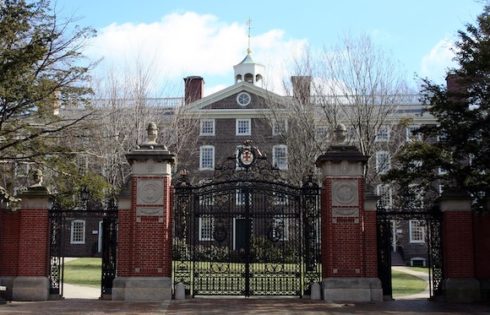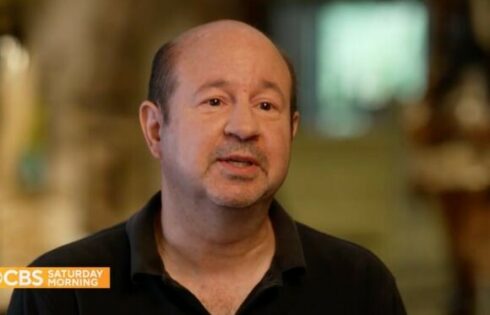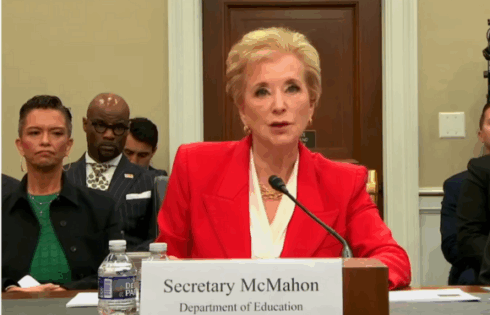
After almost 24 years of teaching, Professor Roger Pielke says he felt pushed out of the University of Colorado Boulder because his views on climate change did not always match those of the public institution.
Pielke, a tenured professor of environmental studies, said he did choose to retire a few months ago.
“But I sure felt like I’d been pushed out,” he said.
Writing at Reason, Pielke said the problems began about ten years ago with a Democrat-backed investigation of scholars who questioned the prevalent climate change narrative:
My story started in 2015, when Rep. Raúl Grijalva (D–Ariz.) asked the university to investigate me. He alleged that I may have been secretly taking money from Exxon in exchange for the substance of my congressional testimonies, in which I reported on the consensus scientific findings of the United Nations’ Intergovernmental Panel on Climate Change—that while heat waves and extreme precipitation had increased, there was vanishingly little evidence to support claims that hurricanes, floods, and drought have become more common or intense.
I was not taking Exxon’s (or anyone’s) money—not in exchange for testimony and not for anything else. What was odd was that after the investigation was announced and conducted, no campus administrator ever spoke to me about it, not even to check in and see how I might be doing. I heard only from university lawyers.
Since then, Pielke said the university closed the Center for Science and Technology Policy Research, which he founded in 2001, and bumped him from office to office. Over time, he said the university slowly began cutting his classes until he had none at all.
“For example, I taught a popular upper-division energy policy course that received rave reviews from students, tripling the class size in just two years. And then I was removed from teaching it,” he said.
Pielke (pictured) tied these actions to the university’s embrace of climate change activism:
In 2016, the Boulder Faculty Assembly (the faculty’s primary governing body), led by a professor of environmental studies, adopted a generic and highfalutin statement in support of institutional climate advocacy. Over the next seven years, the assembly issued eight statements and resolutions calling for climate advocacy on campus, including encouraging students to engage in nonviolent “confrontations” and joining with student activists and external nongovernmental organizations to declare a “climate emergency.”
All of this might have been laughed off as a handful of self-important professors role-playing as world leaders. Soon, however, the empty exhortations turned into demands that the entire university morph into a climate advocacy organization.
In 2023, the activist professors produced a new faculty resolution demanding that the university refocus its mission on climate activism, including demands that climate advocacy be taught in “all” departments and units (emphasis in original) and that the university prioritize training all students to be “climate solution leaders.” The entire campus was to engage in advocacy: They called for “policy makers, including the regents, system administrators, and campus leadership, to implement swift and systemic changes in order to avoid the worst impacts of extreme weather events, the devastation of human habitats, the collapse of ecosystems, and the loss of biodiversity.” This reads more like a mission statement for Greenpeace than anything remotely related to the mission of a flagship state university.
Later, he wrote:
Was the apparent vendetta against me by the climate campaigning chair of the environmental studies department motivated by his politics or his perceptions of mine? I couldn’t tell you for sure, but I have suspicions.
What I do know for sure is that academic freedom and tenure mean little without administrators who stand up for their faculty when they are under attack—whether from inside or out, whether from the left or the right. When a university institutionalizes political advocacy, it grants a green light to campaigning faculty and administrators to come after colleagues they view as their political enemies, misusing the policies and procedures of the institution to do so.
MORE: Government investigating professors who questioned climate change
IMAGES: Roger Pielke/American Enterprise Institute, Longfin Media/Shutterstock
Like The College Fix on Facebook / Follow us on Twitter




Add to the Discussion